10 January 2025
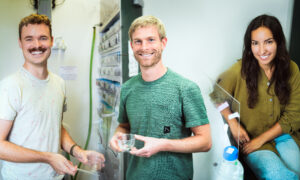
The Arendt Group at EMBL Heidelberg focuses on mechanisms of evolution, studying Platynereis dumerilli – evolutionarily ancient marine worms found broadly along European coasts.
SCIENCE & TECHNOLOGY
5 October 2021

EMBL scientists and colleagues have developed an interactive atlas of the entire marine worm Platynereis dumerilii in its larval stage. The PlatyBrowser resource combines high-resolution gene expression data with volume electron microscopy images.
SCIENCE & TECHNOLOGY
2021
sciencescience-technology
3 June 2021

Under the innovative Planetary Biology research theme, EMBL scientists aim to understand life in the context of its environment.
SCIENCE & TECHNOLOGY
2021
sciencescience-technology
31 March 2020
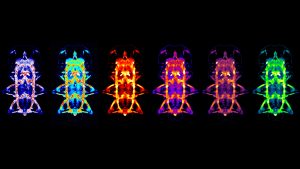
Paola Bertucci, from the Arendt Group at EMBL Heidelberg, studies the evolution of Platynereis dumerilii – a species of annelid polychaete worm.
SCIENCE & TECHNOLOGY
2020
picture-of-the-weekscience-technology
28 February 2020
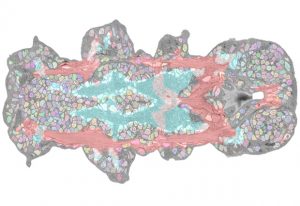
EMBL researchers combine multiple datasets to develop expandable atlas of an entire animal
SCIENCE & TECHNOLOGY
2020
sciencescience-technology
1 October 2019
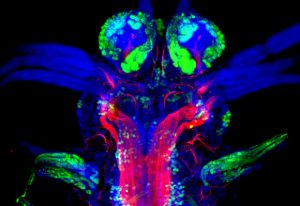
Model organisms are species that are studied extensively to understand particular biological phenomena and processes, with the expectation that discoveries made in the model organism will provide insight into the workings of other organisms. The small marine ringed worm Platynereis dumerilii gained…
SCIENCE & TECHNOLOGY
2019
picture-of-the-weekscience-technology
2 September 2010
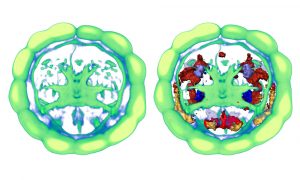
Our cerebral cortex, or pallium, is a big part of what makes us human: art, literature and science would not exist had this most fascinating part of our brain not emerged in some less intelligent ancestor in prehistoric times. But when did this occur and what were these ancestors? Unexpectedly,…
SCIENCE & TECHNOLOGY
2010
sciencescience-technology
20 November 2008
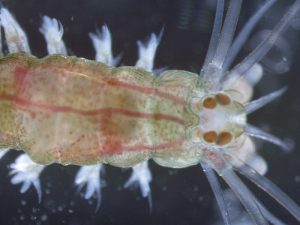
The best-selling novel The swarm captured the imagination of countless readers with the fascination of marine life. But it also showed how little we understand life in the depth of the ocean. Scientists at the European Molecular Biology Laboratory (EMBL) and the Max Planck Institute (MPI)…
SCIENCE & TECHNOLOGY
2008
sciencescience-technology
29 June 2007
Hormones control growth, metabolism, reproduction and many other important biological processes. In humans, and all other vertebrates, the chemical signals are produced by specialised brain centres such as the hypothalamus and secreted into the blood stream that distributes them around the body.…
SCIENCE & TECHNOLOGY
2007
sciencescience-technology
24 November 2005
Species evolve at very different rates, and the evolutionary line that produced humans seems to be among the slowest. The result, according to a new study by scientists at the European Molecular Biology Laboratory [EMBL], is that our species has retained characteristics of a very ancient ancestor…
SCIENCE & TECHNOLOGY
2005
sciencescience-technology







